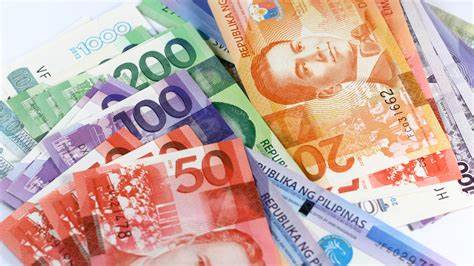MANILA, Philippines — Public backlash is growing over parts of the Capital Market Efficiency Promotion Act (CMEPA), particularly provisions on taxing interest from bank deposits.
And the Department of Finance (DOF) has pushed back, blaming “fake news” for the online chaos.
The DOF said, “CMEPA does not impose a new tax, instead standardized the tax rate on interest income to correct an unfair system that favored the wealthy.”
The new law took effect on July 1.
READ: More vibrant capital market seen with new CMEPA legislation
Are savings taxed at 20 percent?
To be clear, the tax only applies to interest earned from deposits — not to the entire amount that a depositor keeps in a bank.
For example, if you deposited P100,000 with a bank that offers an annual interest rate of 2 percent, your interest income will be P2,000. But deducting 20 percent or P400, your net interest income after one year will be P1,600.
And the 20 percent tax on interest earnings from bank deposits is not new. It has been in place since 1998, long before CMEPA became a law.
What CMEPA does is apply that 20 percent tax uniformly across all bank deposits, regardless of how long the money is locked in. This effectively removes the preferential treatment previously granted to long-term deposits.
Before CMEPA, bank savings locked in for more than five years were exempt from interest income tax. Meanwhile, interest earnings from shorter-term time deposits were taxed at varying rates between 5 percent and 20 percent, while dollar deposits were slapped with a 15-percent tax on interest.
Using data from the Bangko Sentral ng Pilipinas, the DOF estimated that more than 99.6 percent of total deposits were already subject to the 20 percent tax rate, while only 0.4 percent enjoyed preferential rates.
What’s the wisdom behind this change?
The government said the uniform application of 20-percent interest income tax on all deposits was meant to level the playing field.
The DOF explained that the special tax treatment under the previous framework had favored depositors who could afford to park their extra cash in long-term deposits. This, the department said, made the old system “unfair” for short-term depositors who might need quick access to their savings.
The standardized tax rate is not retroactive and does not apply to financial instruments that were issued or transacted prior to July 1, 2025. Therefore, existing long-term deposits made prior to CMEPA will continue to enjoy the preferential rate until their maturity.
Does the flat 20-percent tax apply to retirement savings?
The unified rate also does not apply to provident savings programs under the Social Security System (SSS), Government Service Insurance System (GSIS) and Pag-IBIG (such as MP2). These savings programs remain exempt from tax. /dda
READ: PSEi breaches 6,400 on CMEPA hopes
Read Next
Disclaimer: The comments uploaded on this site do not necessarily represent or reflect the views of management and owner of Cebudailynews. We reserve the right to exclude comments that we deem to be inconsistent with our editorial standards.
Great Job & the Team @ INQUIRER.net Source link for sharing this story.





